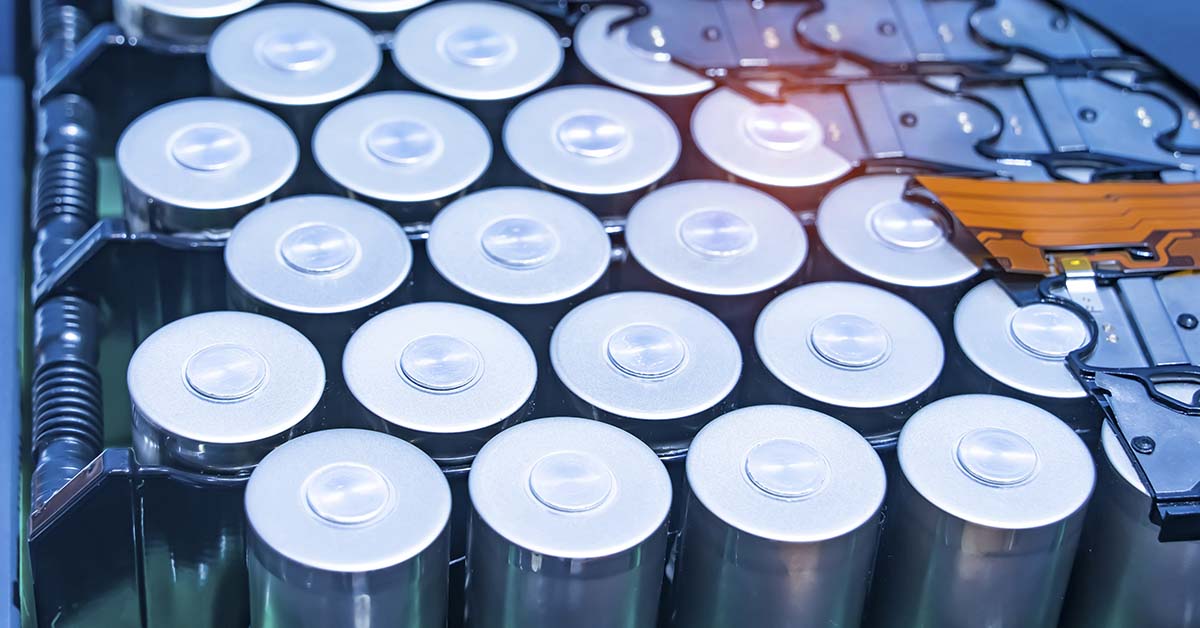The Transportation Security Administration has implemented a comprehensive ban on lithium-ion batteries in checked luggage. This comes just months before the REAL ID travel requirement came into effect on May 7th. This restriction affects millions of travelers who routinely pack portable chargers and power banks in their checked bags.
However, lithium-ion batteries and devices that contain them may still be kept as carry-on luggage but under new restrictions. The ban stems from mounting safety concerns about fire hazards in aircraft due to unchecked lithium-ion batteries.
TSA Enforces Strict Battery Restrictions for Air Travel Safety
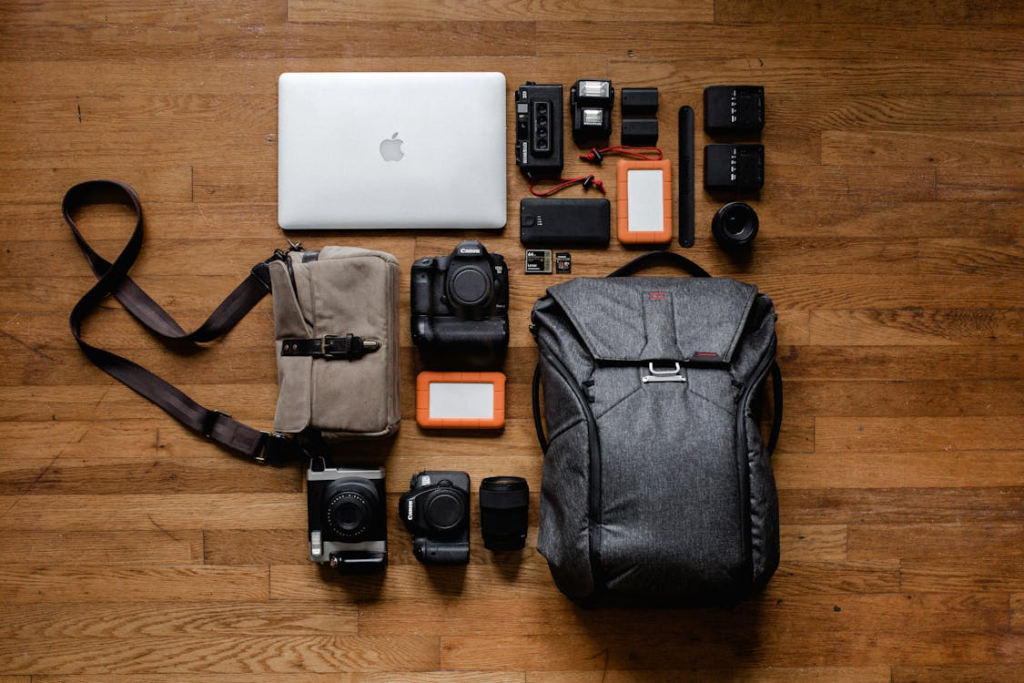
The TSA prohibited all items containing lithium-ion batteries from checked baggage effective March 1, 2025. These restrictions apply to portable chargers, power banks, and battery charging cases. The agency issued this emergency ban following recommendations from the Federal Aviation Administration regarding fire safety risks.
Travelers must now carry all lithium-powered devices in their carry-on luggage exclusively. This requirement ensures that flight crews can quickly respond to any battery-related incidents during flight. As they are prone to overheating and can malfunction, potentially causing fire hazards. However, items with lithium-ion batteries are still permitted on carry-on bags.
Read More: Trump Announces Sweeping Travel Bans and Restrictions on 19 Countries
Fire Hazards Drive Emergency Safety Measures

Lithium batteries pose significant fire risks when damaged, overcharged, or exposed to extreme temperatures. The FAA documented a 42% rise in ion battery fires in the past 5 years. Recent data shows a 388% surge in lithium battery fires on US flights. Flight crews receive specialized training to detect and manage lithium battery fires within aircraft cabins.
7 Specific Items Now Prohibited in Checked Bags
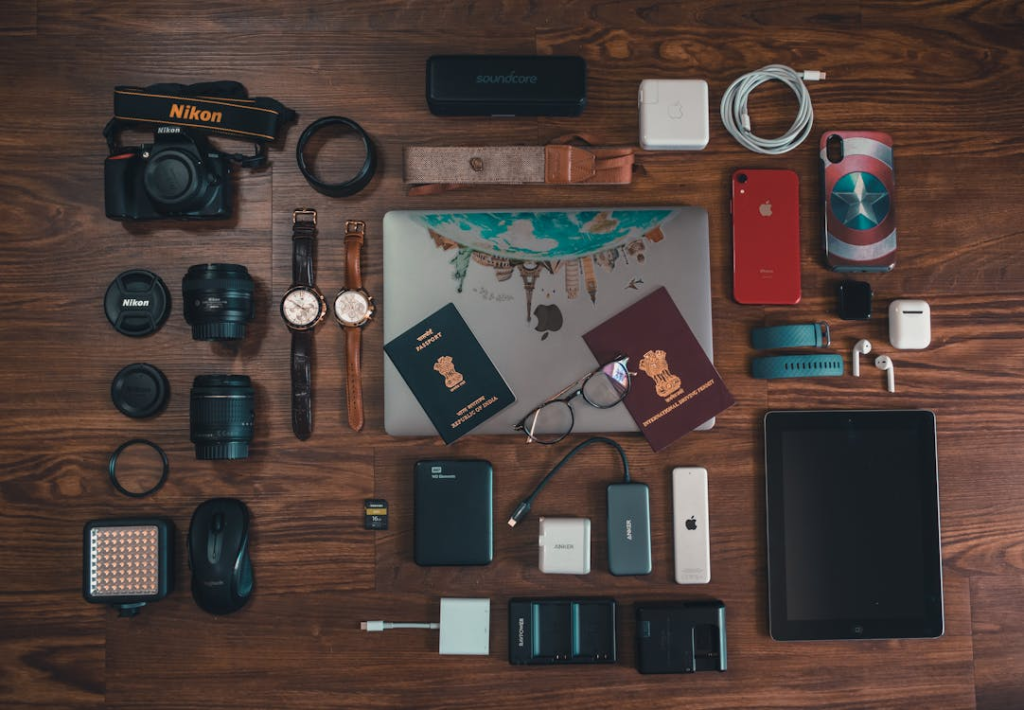
The TSA specifically banned seven categories of lithium-powered items from checked luggage. Power banks top the list as the most commonly confiscated items at security checkpoints. Cellphone battery charging cases also face strict restrictions under the new regulations.
Spare lithium-ion and lithium-metal batteries cannot travel in checked baggage under any circumstances. Cellphone batteries, laptop batteries, and external battery packs must remain in carry-on luggage. Portable rechargers of all sizes fall under these comprehensive restrictions regardless of their power capacity.
Checklist for Batteries Before Travelling

The TSA has published a comprehensive list of rules and regulations for lithium-ion batteries and power packs. These regulations specify permissible wattage limits, device types, and quantity restrictions for carry-on luggage. Travelers must verify their batteries remain under 100 watt-hours unless airlines provide explicit written approval for higher capacities.
Power banks require clear labeling that displays the exact watt-hour rating in visible numbers or letters. TSA officers will confiscate unlabeled, oversized, or suspicious-looking chargers without compensation to passengers. Be prepared to face additional screening procedures and potential confiscation at security checkpoints if you are in possession of multiple battery-powered devices. Passengers should prepare for extra scrutiny when carrying heated jackets, USB lighters, or laptop charging cases together.
Proper Battery Protection Prevents Short Circuit Hazards
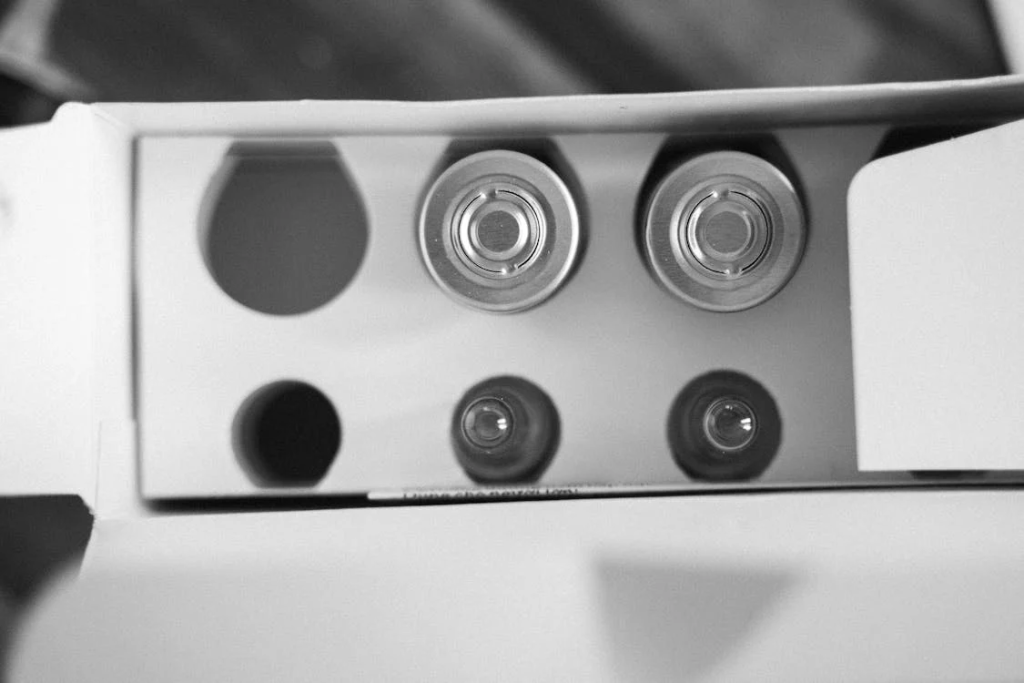
Battery terminals require protection from short circuits when packed in carry-on luggage. Travelers must use original packaging, protective cases, or tape to cover exposed terminals. Proper protection prevents accidental activation and potential fire hazards during flight.
The TSA mandates specific protection methods for different battery types and configurations. Damaged or recalled batteries face complete prohibition from all aircraft, regardless of packaging. Passengers should verify their devices against Consumer Product Safety Commission recall alerts before traveling.
Read More: Five States Exempt from REAL ID — But Travelers Must Use Alternative Identification
REAL ID Implementation at Airports
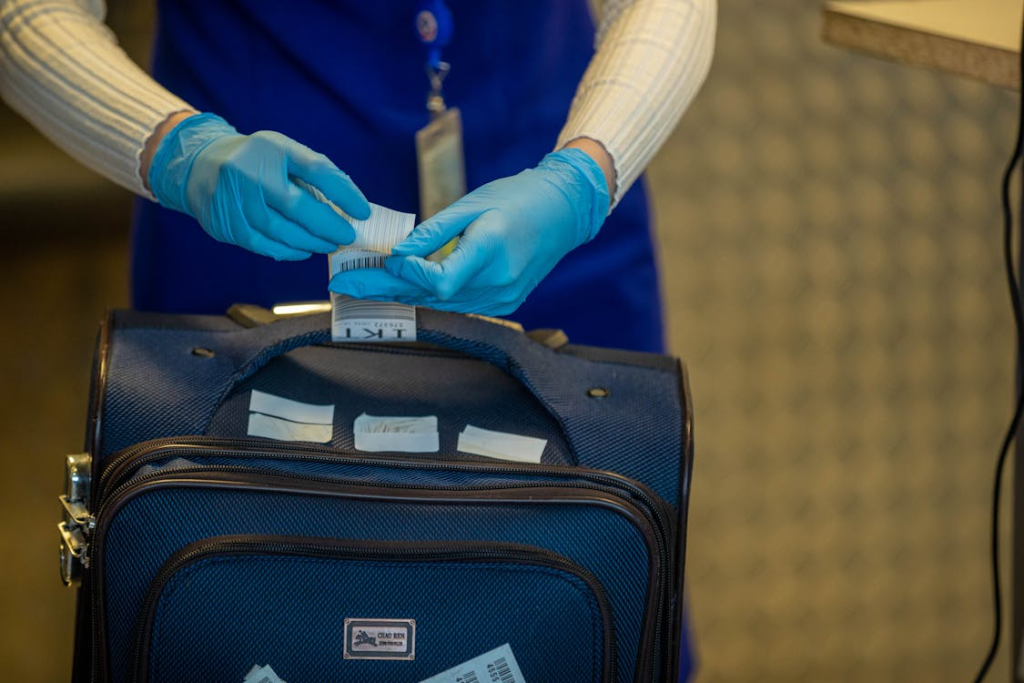
After the ban of lithium-ion batteries in checked luggage took effect, the REAL ID requirement took effect on May 7, 2025. This requires travellers to produce compliant identification for all domestic flights in America. Airport officials report little to no disruptions during the initial implementation phase across major US airports. Currently, 81% of travelers present acceptable identification at TSA checkpoints nationwide.
Passengers must provide REAL ID-compliant driver’s licenses or alternative federal identification for domestic travel. US passports, military IDs, and DHS Trusted Traveler cards serve as acceptable alternatives. The requirement also applies to accessing federal buildings and military installations after May 7.
Carry-On Space Becomes Premium Real Estate
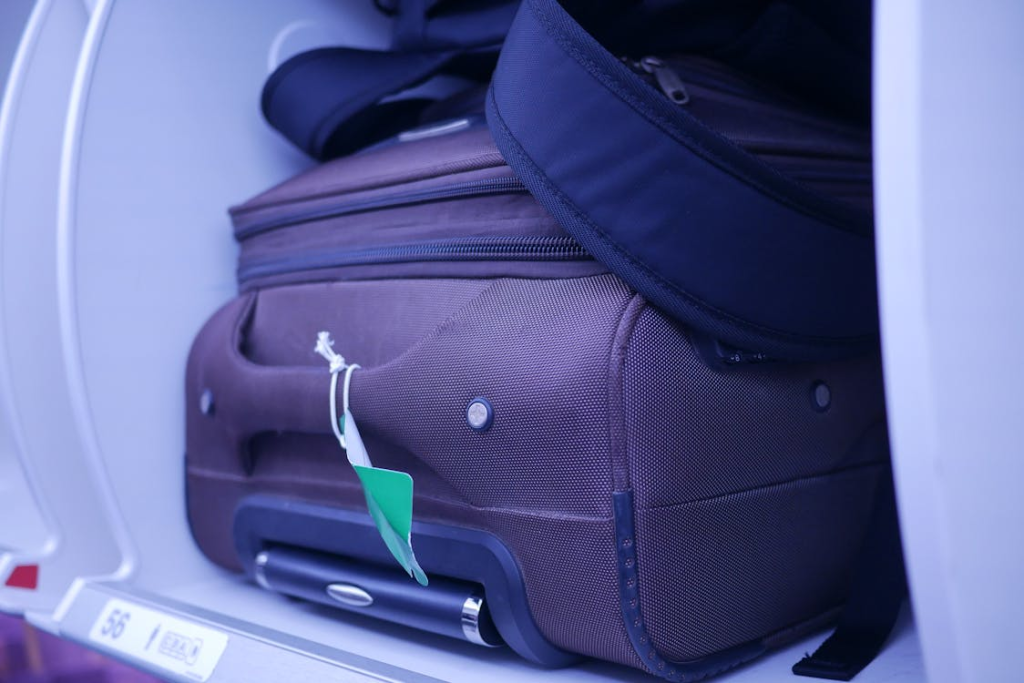
The lithium battery ban forces travelers to reorganize their packing strategies for upcoming trips. Carry-on luggage now accommodates essential electronic devices previously stored in checked bags. Airlines report increased demand for carry-on space as passengers adapt to new restrictions.
Rising checked bag fees compound the challenge of limited carry-on capacity for travelers. Passengers must prioritize essential electronics while managing space constraints in overhead compartments. Strategic packing becomes crucial for maintaining access to necessary charging devices during travel.
Financial Penalties for Non-Compliant Travellers

The TSA imposes fines up to $17,062 for violations of lithium battery restrictions on flights. Non-compliance can result in TSA PreCheck suspension and potential criminal referrals. Travellers face immediate confiscation of prohibited items at security checkpoints without compensation. Gate-checked bags require removal of all lithium batteries before storage in cargo holds. Passengers remain responsible for battery compliance even during last-minute gate-checking situations. So next time you travel, be certain your luggage complies with TSA regulations and prevent your vacation from avoidable disaster.
Read More: This Herbal Supplement Has Been Banned in 7 States Due to Health Risks
